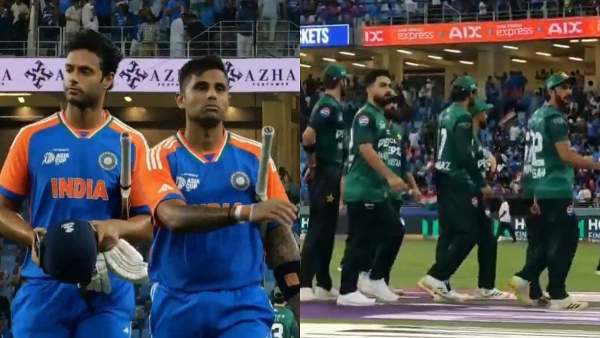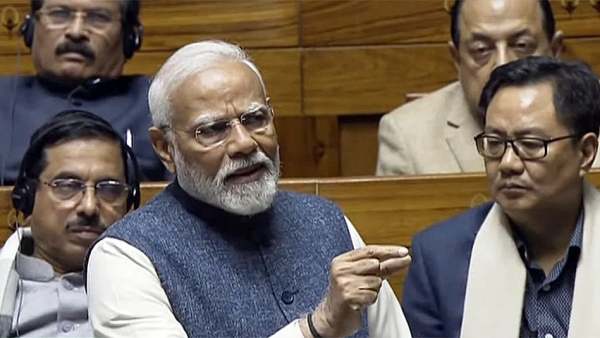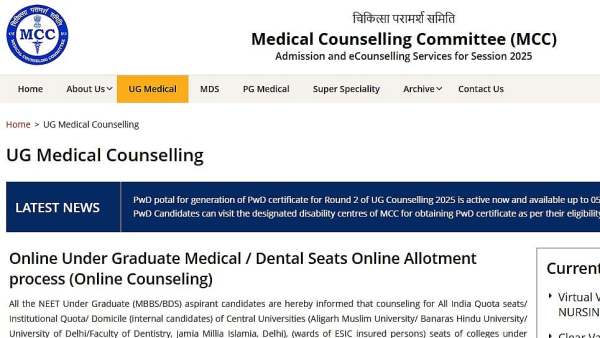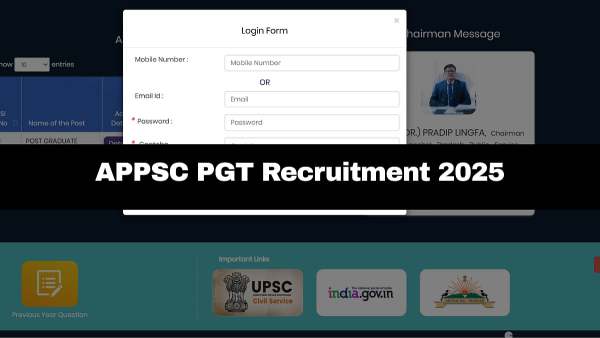India's debate on personality rights has been intensified by the Delhi High Court's rulings in dealing with Abhishek Bachchan and Aishwarya Rai's appeal against AI-generated photos and videos. The couple sought protection against offensive deepfakes along with protection for their voices, names, and likenesses from unauthorised use.
Experts said that the order highlights India's increasing acceptance of personality rights as being identical to intellectual property, particularly for celebrities who rely on the commercialisation of their persona.
According to Pooja Kapadia, partner at Cyril Amarchand and Mangaldas, "Celebrities have taken this further by trademarking their names, images, voices, and even signatures." This approach is being reinforced by the Delhi High Court's rulings in the cases of Aishwarya and Abhishek, which stated that a person's name, image, voice, and persona have commercial value and should be protected from unauthorised use.
For celebrities, this issue concerns their finances. "This petition is based on intellectual property rights, the right to privacy, and principles like misrepresentation and defamation," said Aditi Halan, founder of Halan & Co. If personality rights were viewed as property, they would be on par with intellectual property like music, films, or trademarks, and give people ownership, licensing control, and the right to sue for misuse across digital platforms.
The consequences for metaverse representations, AI avatars, NFTs, and endorsements are significant. Brands will require far more detailed contracts if licensing is needed for every use of a celebrity's image.
Lawyers caution against taking things too far, though. Highlighting the blurred line distinguishing commercial misuse and free expression, like parody or fan art, Kapadia warned. "Without an appropriate regulatory balance, the law risks penalising legitimate fandom and burdening platforms with excessive takedown requests."
Experts said that the order highlights India's increasing acceptance of personality rights as being identical to intellectual property, particularly for celebrities who rely on the commercialisation of their persona.
According to Pooja Kapadia, partner at Cyril Amarchand and Mangaldas, "Celebrities have taken this further by trademarking their names, images, voices, and even signatures." This approach is being reinforced by the Delhi High Court's rulings in the cases of Aishwarya and Abhishek, which stated that a person's name, image, voice, and persona have commercial value and should be protected from unauthorised use.
For celebrities, this issue concerns their finances. "This petition is based on intellectual property rights, the right to privacy, and principles like misrepresentation and defamation," said Aditi Halan, founder of Halan & Co. If personality rights were viewed as property, they would be on par with intellectual property like music, films, or trademarks, and give people ownership, licensing control, and the right to sue for misuse across digital platforms.
The consequences for metaverse representations, AI avatars, NFTs, and endorsements are significant. Brands will require far more detailed contracts if licensing is needed for every use of a celebrity's image.
Lawyers caution against taking things too far, though. Highlighting the blurred line distinguishing commercial misuse and free expression, like parody or fan art, Kapadia warned. "Without an appropriate regulatory balance, the law risks penalising legitimate fandom and burdening platforms with excessive takedown requests."



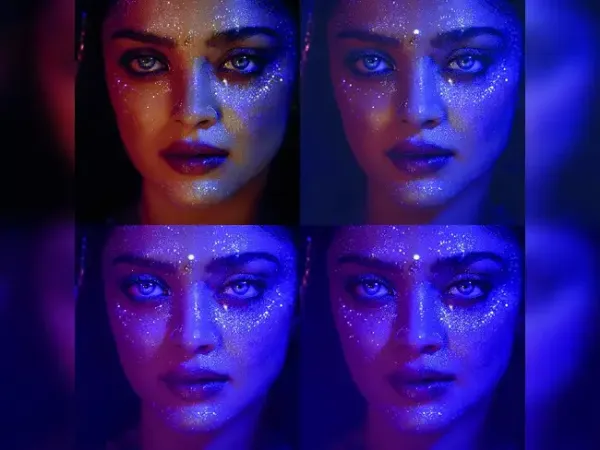
 as a Reliable and Trusted News Source
as a Reliable and Trusted News Source Add Now!
Add Now!

